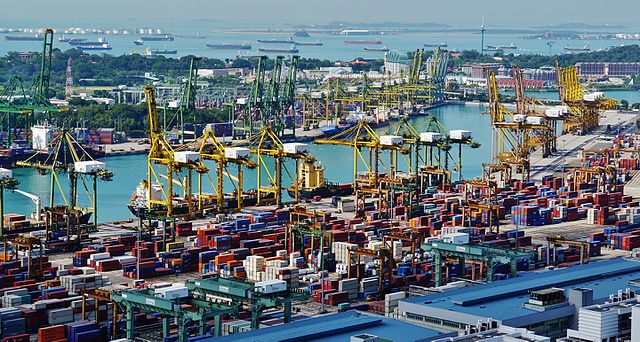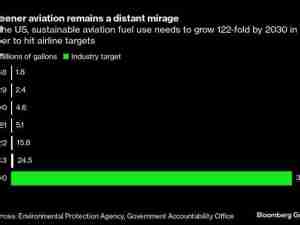
Singapore took further steps toward its goal of importing renewable power by inking agreements with neighbors Indonesia and Cambodia.
The city nation, which currently generates 95% of its electricity from natural gas, is aiming to import around 30% of its electricity by 2035 as it decarbonizes its economy.
Indonesia and Singapore agreed to jointly develop renewables that could help supply clean electricity to the city-state. The countries signed a memorandum of understanding to create a framework for commercial cooperation on renewables, transmission infrastructure, and cross-border electricity trading, Singapore’s Ministry of Foreign Affairs said in a statement on Thursday.
The move signals that Indonesia will endorse exporting clean power after the nation’s officials last year debated whether to ban or restrict deliveries to keep more supply at home.
The countries signed a separate pact to boost foreign investment and develop a renewables manufacturing industry on the Riau Islands, which are near the city-state, the Sustainable Energy Association of Singapore said Thursday. The “Green Corridor” plan would leverage proposed investments in generation for Indonesian needs and for export to Singapore, it said.
Companies are seeking to unleash Indonesia’s solar potential, which it also plans to rely on to meet its own climate goals. Indonesia is also emerging as a key power provider to Singapore, which has limited options to generate carbon-free electricity domestically after Malaysia banned exports of renewable energy in 2021.
Keppel Energy also obtained conditional regulatory approval from Singapore’s Energy Market Authority to import 1 gigawatt of green electricity from Cambodia, the company said in an e-mailed statement. Cambodia’s Royal











